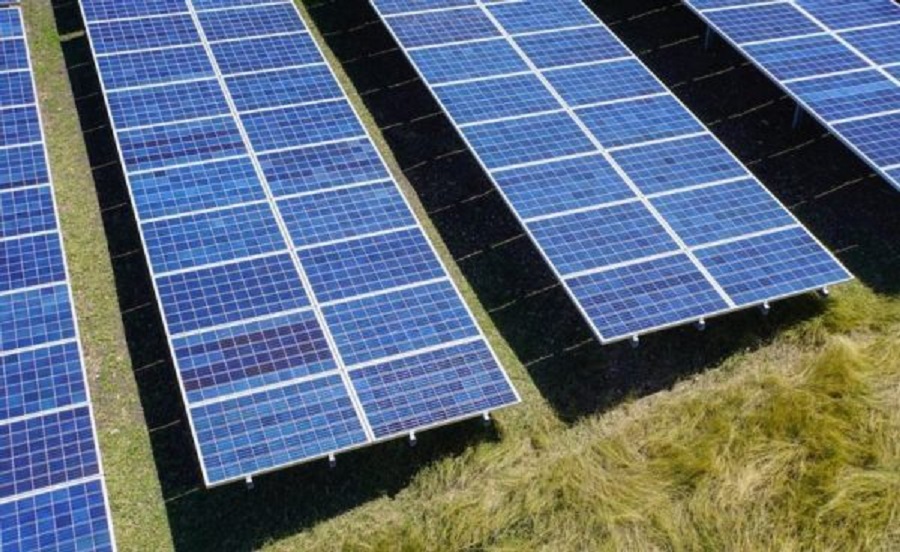From pv magazine India
Indian state-owned hydropower producer Satluz Jal Vidyut Nigam Ltd (SJVN) has won 1 GW of the 5 GW of grid-connected solar capacity tendered under the Central Public Sector Undertaking (CPSU) Scheme Phase II.
The recent tender was held by the Indian Renewable Energy Development Agency (IREDA) under the third tranche of the scheme. SJVN submitted a bid to develop 1 GW and won the full quoted capacity. The project is expected to generate 2,365 million units (MU) of electricity in the first year and about 55,062 MU over 25 years.
“These projects will assist SJVN in achieving its ambitious shared vision of 5,000 MW by 2023, 12,000 MW by 2030, and 25,000 MW by 2040 and simultaneously contribute towards RE capacity addition target of 175 GW by 2022 set by the Government of India,” the company said.
State-owned power generators are required to develop all capacity under CPSU Scheme Phase II on a build-own-operate basis – either for self-consumption or for use by other government entities – using India-made cells and modules.
New Delhi Municipal Corporation (NDMC) has already agreed to procure 150 MW of solar power from the projects that SJVN will develop under CPSU.
This content is protected by copyright and may not be reused. If you want to cooperate with us and would like to reuse some of our content, please contact: editors@pv-magazine.com.




By submitting this form you agree to pv magazine using your data for the purposes of publishing your comment.
Your personal data will only be disclosed or otherwise transmitted to third parties for the purposes of spam filtering or if this is necessary for technical maintenance of the website. Any other transfer to third parties will not take place unless this is justified on the basis of applicable data protection regulations or if pv magazine is legally obliged to do so.
You may revoke this consent at any time with effect for the future, in which case your personal data will be deleted immediately. Otherwise, your data will be deleted if pv magazine has processed your request or the purpose of data storage is fulfilled.
Further information on data privacy can be found in our Data Protection Policy.